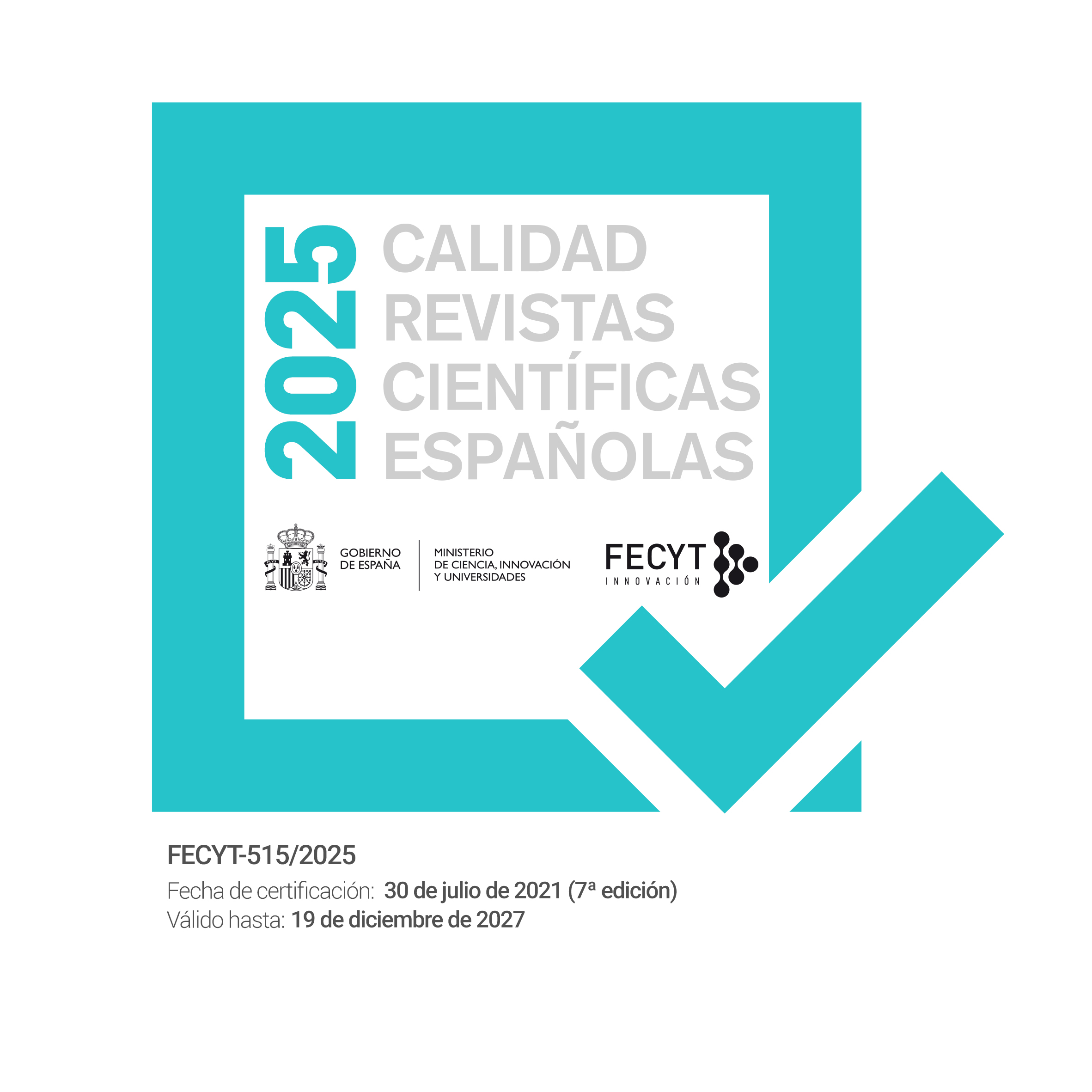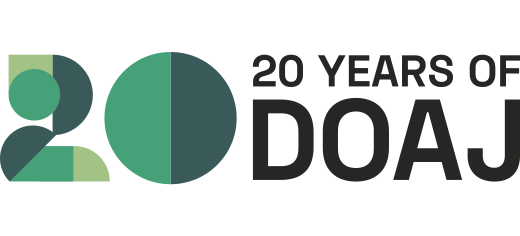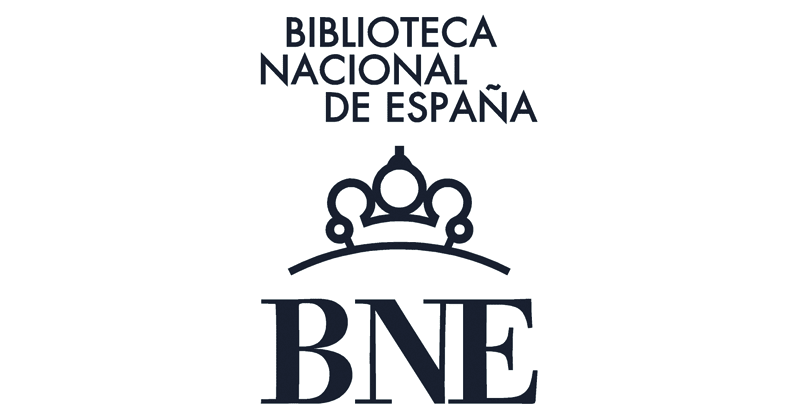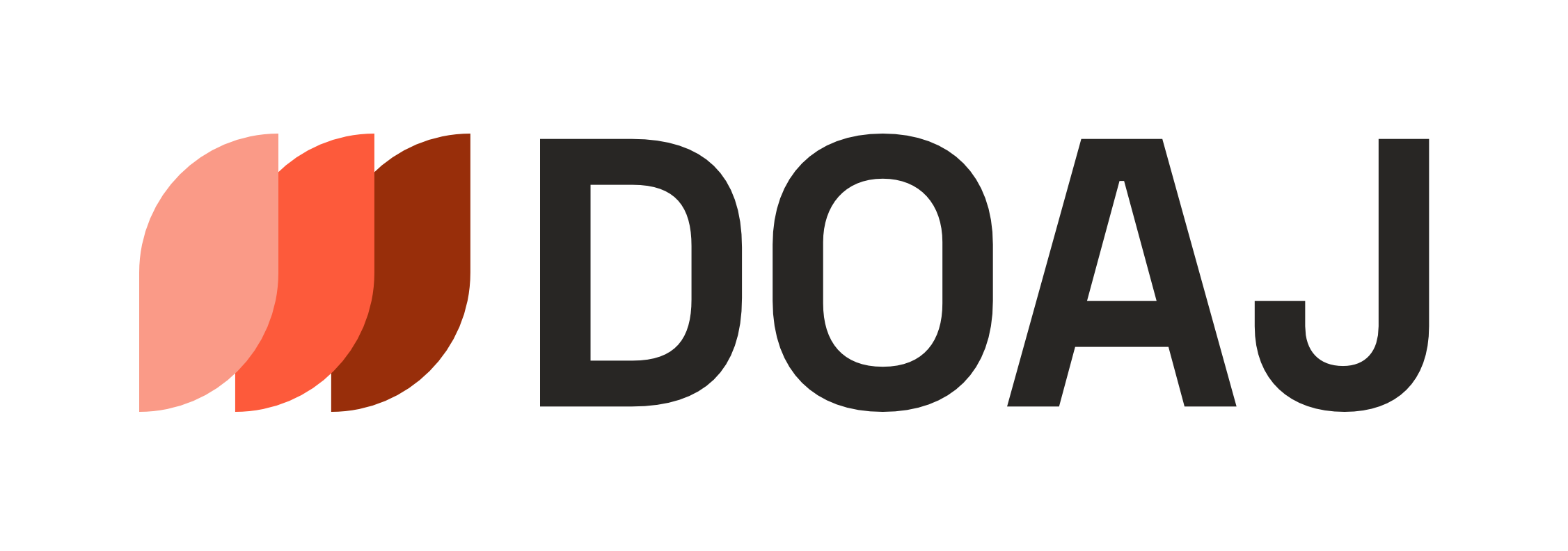Sobre la complejidad de los datos en Humanidades, o cómo traducir las ideas a datos
DOI:
https://doi.org/10.5944/rhd.vol.4.2019.24679Keywords:
Datos, Humanidades, Humanidades Digitales, big data, cultura de datosAbstract
Este artículo explora el concepto de datos informáticos aplicados a las Humanidades a través de tres perspectivas diferentes: en primer lugar, se analiza el significado del término desde un punto de vista histórico y se sitúa en el contexto de las Humanidades Digitales prestando atención a su acepción más técnica. A continuación, se discute sobre la naturaleza, las tipologías y se abordan algunos debates de los últimos años, como es el de su aparente objetividad. Por último, y en conexión con la producción, gestión y análisis de los datos, se toma en consideración el fenómeno big data y los desafíos de su aplicación en el terreno de las Humanidades. Se pretende, en definitiva, poner de relieve el papel central de los datos en el quehacer humanístico y cómo, para el humanista actual, existen competencias digitales básicas ineludibles.
Downloads
Downloads
Published
How to Cite
Issue
Section
License
Copyright (c) 2021 Susanna Allés Torrent

This work is licensed under a Creative Commons Attribution-NonCommercial 4.0 International License.
RHD provides immediate free access to its content under the principle that making research available to the public for free favors greater global knowledge sharing. RHD does not charge fees to authors for the submission or processing of articles
Users can read, download, distribute, print, search, partially reproduce or link to the texts without requesting prior permission from the editor or the author.
RHD does not charge fees to authors for the processing of works, nor fees for the publication of their articles.
RHD is free from the moment of the publication of each issue and its contents are distributed with Creative Commons license No Commercial 4.0 International , which allows the user free and open access, criteria that meet the definition of open access of the Budapest Declaration in favor of open access. This means that they can be copied, used, disseminated, transmitted and exhibited publicly, provided that the authorship and the original source of their publication are cited (magazine, editorial and URL of the work, not used for commercial purposes, mention the existence and specifications of this license of use.
The authors retain the copyright and guarantee the journal the right to be the first publication of the work. The authors are free to distribute their work published in the magazine in other media, such as an institutional repository or inclusion in a book.


























